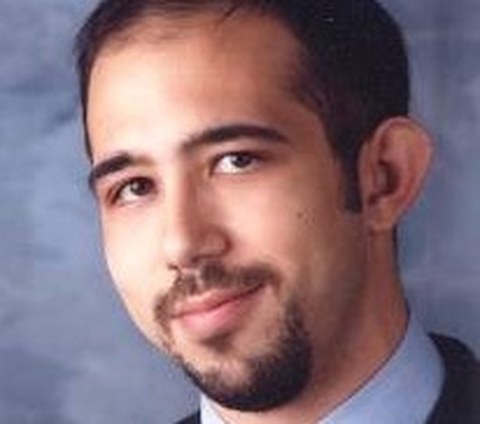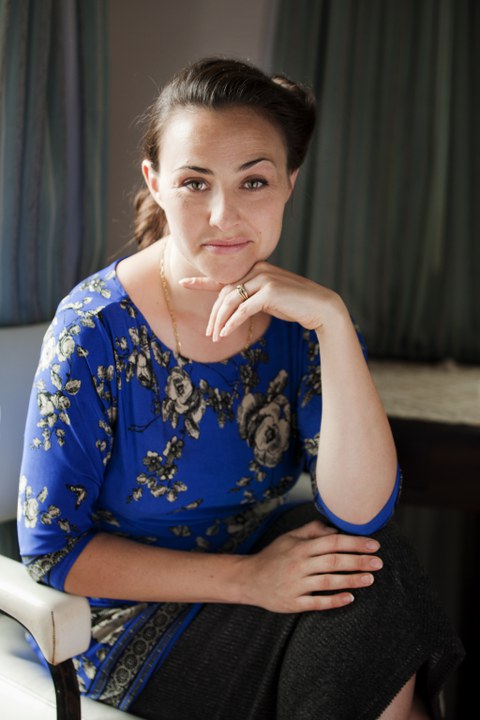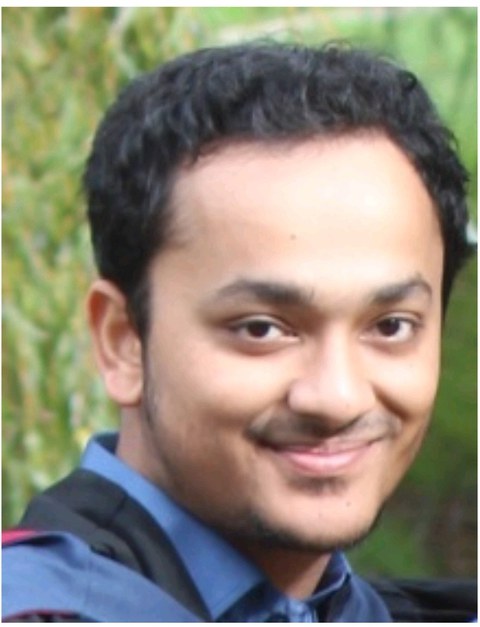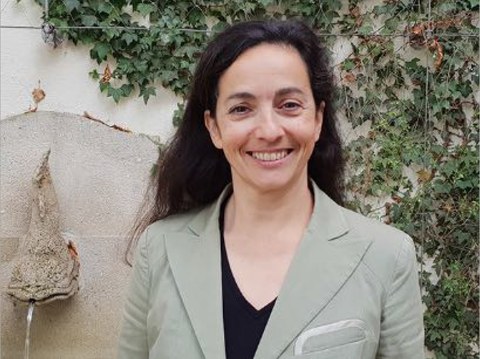Speakers
Prof. Ercan Altinsoy, Technische Universität Dresden
Ercan Altinsoy has always been passionate about sound, music and haptics. He studied mechanical engineering at the Technical University of Istanbul and became a research and teaching assistant at the chair of mechanical vibrations and acoustics. He received his Ph.D. in electrical engineering from Ruhr University Bochum. He was keen to expand his knowledge on psychoacoustics, sound design and multimodal interaction and to develop new ideas, during his doctoral study. After his Ph.D., Ercan Altinsoy worked at the industry as consultant for acoustics and haptics. In 2006, he started Lecturing at the Dresden University of Technology. He holds the chair of acoustic and haptic engineering. He is Lothar-Cremer medalist of the Acoustical Society of Germany, DEGA. His research interests include product sound and vibration design, vehicle acoustics, multimodal interaction design, auditory and haptic interfaces for virtual environments, tactile psychophysics and psychoacoustics.
Prof. Merle Fairhurst, Technische Universität Dresden
Professor Merle Fairhurst is a cognitive neuroscientist with strong interdisciplinary ties that facilitate cross-talk with philosophers and engineers. She studies the interaction between sensory signals that allow us to make sense of the world around us and to successfully interact with human and virtual agents. Her projects range from trying to understand what makes touch help us trust others to identifying factors that make interacting in a group different to interacting in pairs. As a classical singer, she is passionate about the special cases of sensory perception in music and art. And, as a mother of five, she strongly believes in promoting women in academia.
Prof. Anindya Nag, Technische Universität Dresden
Anindya Nag has completed B. Tech. degree from West Bengal University of Technology, India in 2013, M.S. degree at Massey University, New Zealand in 2015 and a Ph.D. degree from Macquarie University, Australia, in 2018. He has worked as a lecturer in Dongguan University of Technology, China from February 2019 to August 2020. He has also earned postdoctoral fellowships in King Abdullah University of Science and Technology (KAUST), Saudi Arabia and Shandong University, China. He is currently a junior professor in Technische Universität Dresden, Germany. His research interests are in the area of MEMS, flexible sensors, printing technology and nanotechnology-based smart sensors for health, environmental and industrial monitoring applications. His paper, “Wearable Flexible Sensors,” has been one of the top 25 downloaded papers in the IEEE Sensor Journal from June 2017- September 2018. Dr. Nag has authored and co-authored over 90 research articles in books, journal articles, conference proceedings and book chapters.
Prof. Elvira Fortunato, Ministry of Science, Technology and Higher Education of Portugal, NOVA University Lisbon
Elvira Maria Correia Fortunato GOIH is a Portuguese scientist and minister of science and technology. She is a professor in the Department of Materials Science at the NOVA School of Science and Technology and vice-rector of the NOVA University Lisbon. Fortunato is an innovator in the field of paper electronics, including transistors, memories, sensors, batteries, displays, antennas, and solar cells. In 2010, she was awarded membership in the Order of Prince Henry. She was the recipient of the 2020 Pessoa Prize, recognized as the most important award of the Portuguese culture. In 2022, Fortunato was appointed Minister of Science, Technology and Higher Education in the XXIII Constitutional Government of Portugal as an independent.
Prof. Sofie Sakka, INSHEA/GRHAPES
Sophie Sakka is a University Professor at INSHEA, associated with the GRHAPES research unit. She is multidisciplinary, with initial training in solid mechanics (UPMC, 1997), specialized in robotics (doctorate, UPCM, 2002), specialized in humanoid robotics (post-doctorate, AIST-Tsukuba, Japan, 2003-05), specialized in biomechanics human (MCF University of Poitiers, 2005-16). She implemented the real-time imitation of human movements by a humanoid robot during a stay as a guest researcher at IIT-Genova (2006-07), and continued this work at IRCCyN (associate researcher, 2010 -16) and Centrale Nantes (MCF, 2016-22). In 2014, she founded the association Robots! one of the objectives of which is to carry out social robotics experiments in society, finance them, sustain them, and above all involve the general public in thinking about the social change associated with the robotization of society. For her commitment and high-impact results with autistic and Alzheimer's populations, she was elevated to the rank of Knight in the National Order of Merit in 2016. She was recruited as a University Professor at INSHEA in 2022.
Information about additional keynotes are coming soon.





